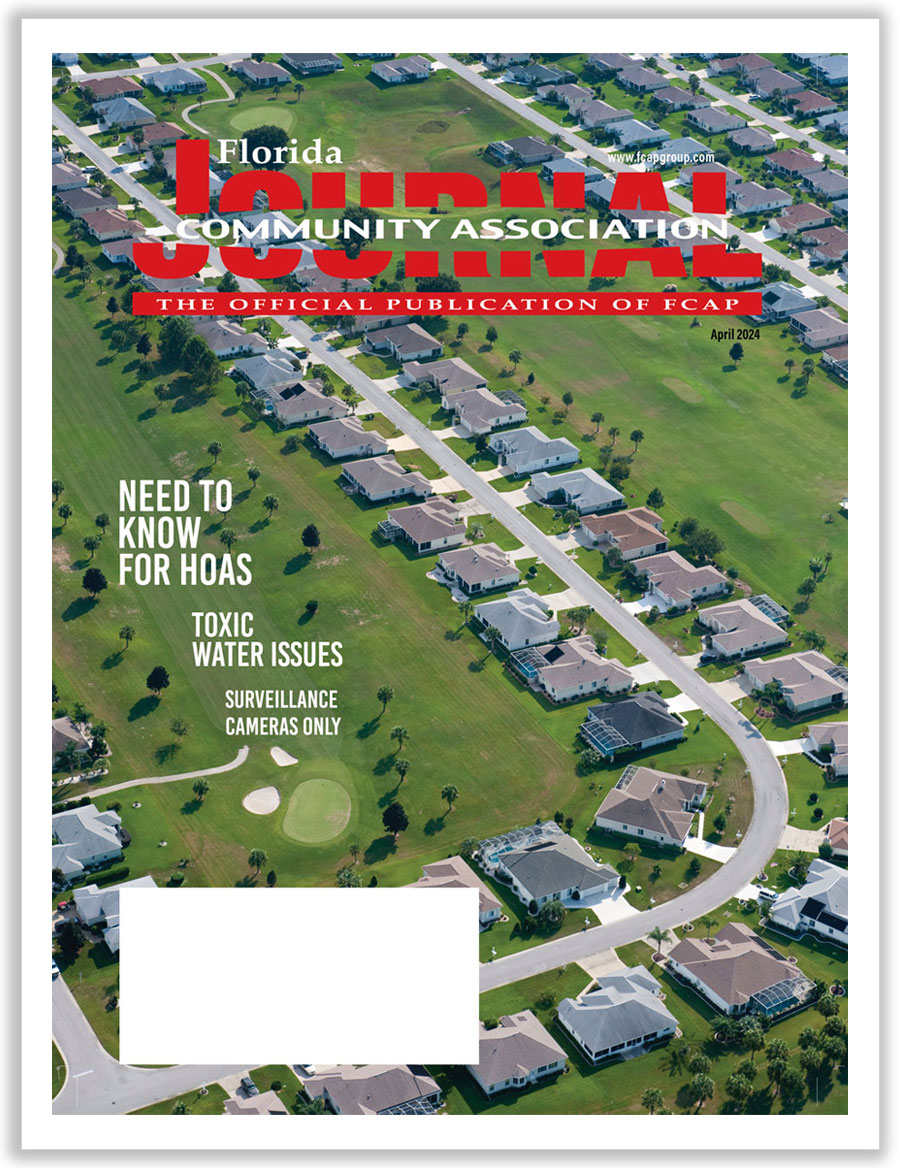
Boardmanship for Charity: Part Three
By Betsy Barbieux, CAM, CFCAM / Published October 2016
Editor’s Note: Boardmanship for Charity, Part One, was published in the June 2016 issue and Part Two was published in the August 2016 issue.
It’s Okay to Disagree, Just Don’t Be Disagreeable
Seems like a contradiction, doesn’t it? Dr. Robert Rohm, the President of Personality Insights Inc., Atlanta, Georgia, said his dad taught him a valuable lesson. Robert came home after school telling of an argument with his teacher. His dad agreed with him that he was right (which shocked him), but then said, “Robert, the problem was not that you were right. I can tell by the way you are talking to me that the problem was that you had a disagreeable attitude.”
Robert was confused by his dad’s comments. Many of us would be. The differences between being right and agreeable and being right and disagreeable are (1) your attitude toward the other person and his opinion and (2) your perception of his value as a human being. Being able to disagree without being disagreeable involves a general attitude of respect toward others.
Rodney Dangerfield used to say it all the time. “I just don’t get no respect.” Aretha Franklin sings about “R-E-S-P-E-C-T find out what it means to me. . . “ Certain ethnic groups have a deep respect and commitment toward family. They might disagree with each other, but they stick together. If you offend one member of the family, you have offended all of them!
For our purposes here, the definition of respect is to esteem or to regard with deference. Similarly, respectful is defined as dutiful, civil, and obedient. Respectable is defined as reputable, conventional, refined, moderate, and fair.
So to disagree with an agreeable attitude could mean to treat others civilly, in a moderate and fair manner, so as to maintain your reputation and hold the other in high regard. That could also include disagreeing without being angry, sarcastic, or resentful.
Do you have what it takes to disagree without being disagreeable? Try this simple self-test:
Y/N Do I esteem others? In other words, do I think others have good opinions, valuable information, and deserve to be listened to?
Y/N Do I welcome the different opinions of others?
Y/N Can I admit when I am wrong?
Y/N Can I admit that another has a better idea than mine?
Y/N Have I come to the point in life where I know I don’t know it all?
You have the potential to disagree without being disagreeable if you answered “yes” to each one.
You may be saying, “Yes, but, I’m not as disagreeable as so and so.” Maybe so. Being disagreeable is different for each person because we each have a different communication style. So there are different “disagreeable” styles.
The “D” personality types are by nature dominant and direct, quick to get to the point, and want immediate decisions. They do not back away from an argument or fight, but would rather end it quickly and move on. They tend to press the issue.
The belief by the “D” that he is right and others are wrong can set the stage for being disagreeable. He often has a forceful tone of voice that seems disagreeable.
The “I” personality types are by nature motivators and are very people-oriented, likeable, and verbally gifted. They hate disagreements and will use their verbal skill to talk you into believing them.
Even though the “I” is highly gifted with words, he can become sarcastic. Sarcasm (words with strong tones of disrespect and contempt) set the stage for being disagreeable.
The “S” personality types are by nature nonconfrontational and peacemaking, preferring harmony, sameness, and routine. They focus their attention on being supportive and making others happy. They will be least likely to disagree or be disagreeable.
Even though the “S” is sweet, sensitive, and shy by nature, he can become very stubborn and disagreeable when confronted with change. He will refuse to budge. He doesn’t want a change in his routine, procedures, or policies.
The “C” personality types are by nature picky, analytical, and organized, and don’t like mistakes or being wrong. They are well suited in jobs that require precision, such as engineering, banking, and accounting.
Because a “C” tries so hard to be correct, he can go overboard in picking apart someone else’s work. It’s easy for others to see him as critical, haughty, and disagreeable.
For most of us, identifying others who are disagreeable, disrespectful, mean-spirited, and malicious is simple. Just be sure to check your own attitude toward others every now and then, too.
Do you esteem others? Do you welcome the different opinions of others? Can you admit when you are wrong? Can you admit that another has a better idea than yours? Have you come to the point in life where you know you don’t know it all?
Remind yourself to disagree without being disagreeable.
Betsy Barbieux, CAM, CFCAM
Florida CAM Schools
Betsy Barbieux, CAM, CFCAM, guides managers, board members, and service providers in handling daily operations of their communities while at the same time dealing with different communication styles, difficult personalities, and conflict. Effective communication and efficient management are her goals. For more than 15 years, Barbieux has educated thousands of managers, directors, and service providers. She is your trainer for life! Barbieux is the author of Boardmanship, a columnist in the Florida Community Association Journal, and a member of the Regulatory Council for Community Association Managers. For more information, contact Betsy@FloridaCAMSchools.com, (352) 326-8365, or www.FloridaCAMSchools.com.





